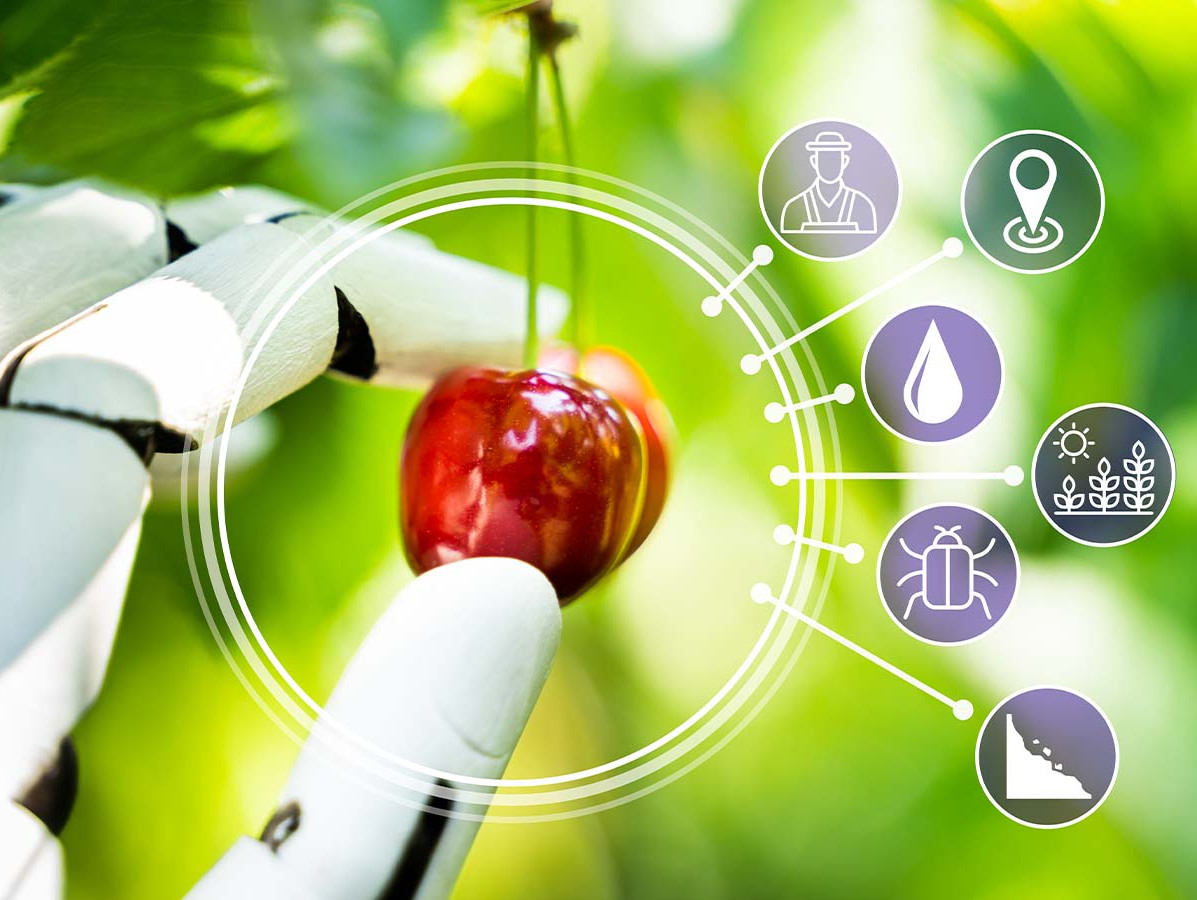
The Dutch agricultural and horticultural sector is on the brink of a significant transition. The aim of this change is to balance nature and agriculture. Playing a key role in this development are advanced agricultural robots, known as agrobots. This technological innovation is made possible through a unique collaboration between companies and knowledge institutions in the north of the Netherlands.
One of the biggest challenges in agriculture and horticulture is achieving a balance between conservation and efficient food production. This requires careful management of resources such as fertilizers and water. Additionally, the sector faces a labor shortage. Agrobots offer a solution here. These autonomous systems can perform tasks ranging from crop monitoring to weed control. The project, led by TNO, aims to develop these robots to make agriculture more efficient and sustainable.
The development of these agrobots is taking place under the project name DigiAgro3. The goal is to develop new technological building blocks and system integrations. The consortium focuses on four technologies: soft grippers, vision technology, AI software and digital twinning, and advanced control systems. With these technologies, the aim is to develop four prototypes, each targeting different applications in agriculture and horticulture, such as disease detection in potatoes and fruit picking.
This ambitious project requires close cooperation between various parties. The consortium consists of seven companies and five knowledge institutions, including Hanzehogeschool Groningen, NHL Stenden, and the University of Groningen. This collaboration combines practical experience with academic knowledge, essential for the success of the project. The European Commission supports this innovation with a financial contribution of 2.8 million euros.
The integration of this technology into the agricultural sector could have a major impact on the future of food production in the Netherlands and beyond. With a focus on sustainability and efficiency, this development promises a new era in agriculture and horticulture.
Source: TNO